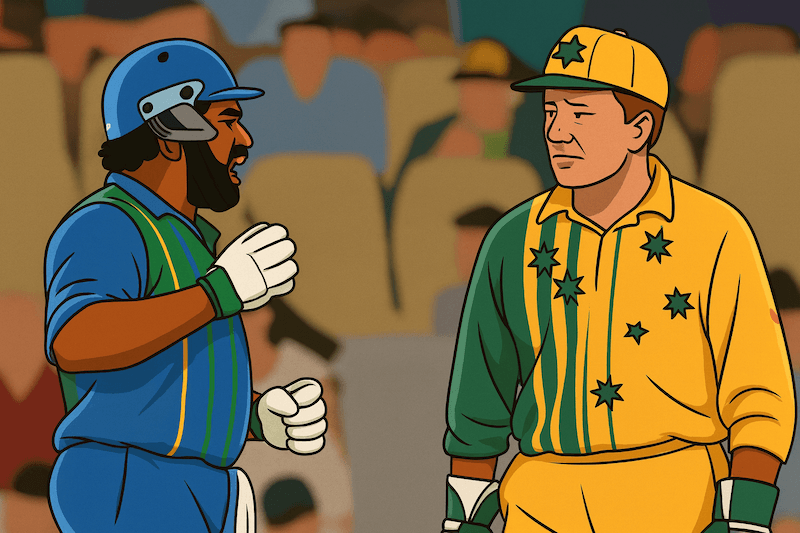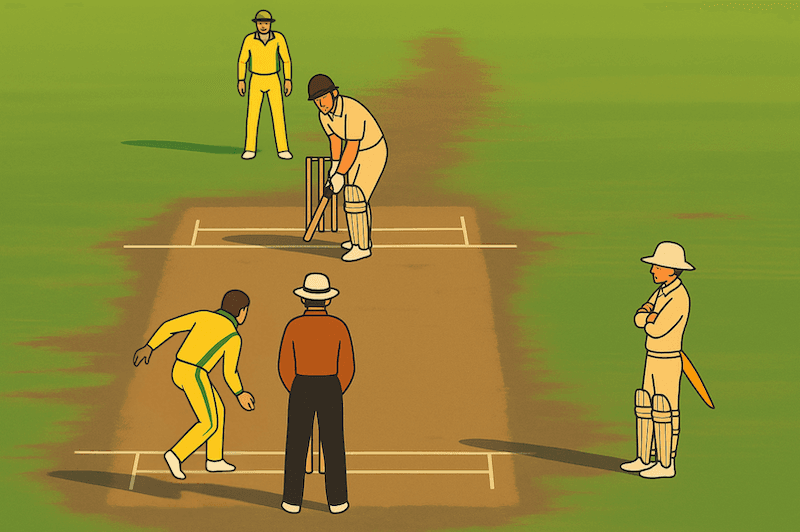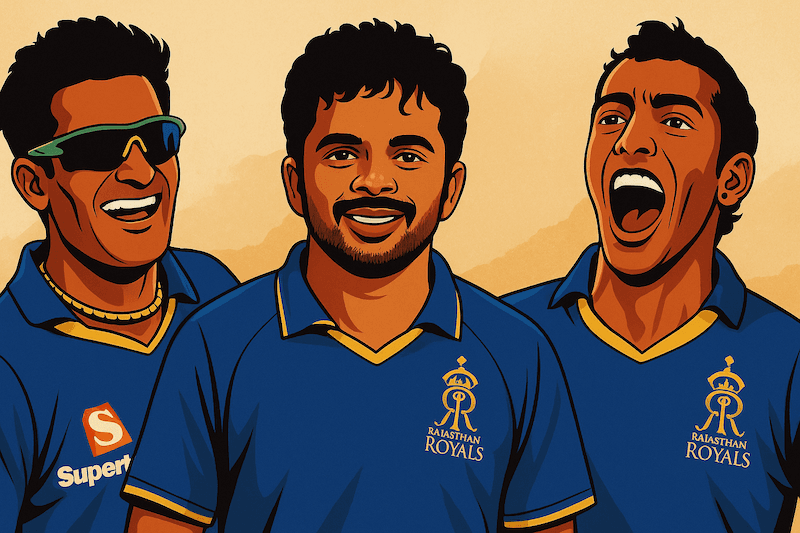
The Sydney Test of January 2008 between Australia and India is remembered as one of cricket's most bitterly fought matches — not only for what happened on the field, but for what unfolded off it. The so-called "Monkeygate Affair" involved allegations that Indian spinner Harbhajan Singh racially abused Australian all-rounder Andrew Symonds. What followed was weeks of hearings, media uproar, and diplomatic tension that nearly derailed the Border-Gavaskar series.
The Incident
- Racist Allegation: On the third day of the Sydney Test, Symonds accused Harbhajan of calling him a "monkey" during a heated exchange. For Symonds, who had already faced racist taunts from sections of the crowd in India, the allegation carried serious weight.
- Harbhajan's Defense: Harbhajan strongly denied using the racist slur. He maintained that what he said was the Hindi phrase “teri m** ki” (translated as "your mother"), a common insult in India but not racial in nature. According to him, the "Monkeygate" label was a fabrication.
- Controversial Umpiring: The Test itself was already filled with drama. Several incorrect umpiring decisions went against India, including key dismissals of Rahul Dravid and Sourav Ganguly. These controversies added to the tension between the two teams and heightened the emotions surrounding the allegation.
The Aftermath
- ICC Investigation: Match referee Mike Procter charged Harbhajan with racial abuse, handing him a 3 test ban. The Indian team strongly protested, with the BCCI even threatening to pull out of the tour unless the decision was overturned.
- Appeals and Findings: An appeal was heard by New Zealand High Court judge John Hansen, who reviewed the evidence. The appeal concluded that the racism charge was "not proven" due to insufficient evidence. Harbhajan's ban was lifted.
- Lesser Charge: Although cleared of racial abuse, Harbhajan was found guilty of using abusive language. He was fined 50% of his match fee.
Legacy and Impact
- The Monkeygate scandal left scars on both sides. It placed enormous strain on India-Australia cricket relations and dominated headlines worldwide.
- For Harbhajan Singh, it became one of the defining controversies of his career. For Andrew Symonds, the affair weighed heavily, and he later admitted feeling guilt for dragging teammates and the game into such turmoil.
- The episode also forced the ICC to rethink how allegations of racism and on-field abuse were handled, with greater emphasis on clear evidence, technology, and cultural sensitivity.
Explore More Stories

The Uneasy Marriage of Technology and Umpiring: How DRS Changed Cricket
When one wrong decision could change the course of history, cricket turned to technology. From Bucknor’s blunders to the birth of DRS, this is the story of how the game learned to trust machines without losing its human heart.

2005 Ashes: The Summer Cricket Became Theatre
The 2005 Ashes was more than just a cricket series. It was a rollercoaster of emotion, courage, and unforgettable moments that brought Test cricket back to life. England’s long wait finally ended, and the world watched history unfold.
Final Note
The Monkeygate Affair was more than just an argument on the field. It became a test of cricket's ability to deal with race, rivalry, and respect under the harshest spotlight. Even today, the controversy serves as a reminder that words in the heat of battle can have consequences far beyond the boundary.














